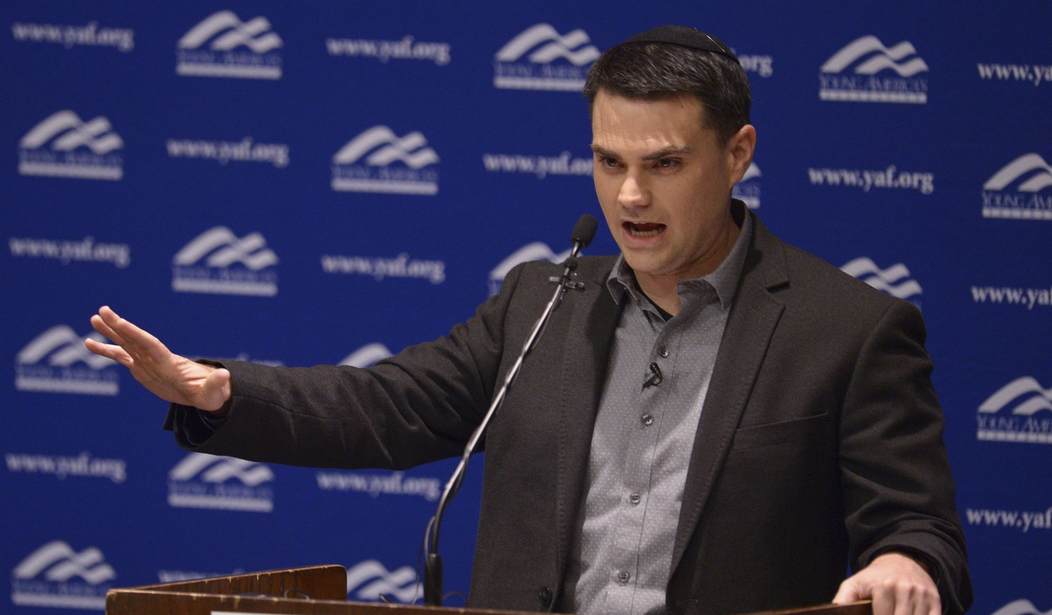Comfort—it’s the bright, shiny object many colleges and universities competing for the same pool of applicants dangle in front of prospective enrollees. The reality, however, is that this approach creates a dull culture in which administrators strive to keep their pupils sheltered and appeased instead of stretched intellectually, as students should be. The most recent example of this harmful coddling is Grand Canyon University, whose administrators initially canceled conservative political commentator Ben Shapiro’s planned speaking appearance.
GCU wrote in a statement, “Our decision to cancel Shapiro’s speaking engagement is not a reflection of his ideologies or the values he represents, but rather a desire to focus on opportunities that bring people together.” The event certainly would have brought “people together,” but heaven forbid students and administrators butt heads on issues. Fostering a culture of avoidance is no way to equip students for the real world.
Conversations worth having aren’t always easy, and that’s OK. Students at Harvard University, however, apparently failed to grasp this concept when, in 2011, they petitioned the university to fire Dr. Subramanian Swamy for writing—in the wake of an attack on Mumbai—an article that proposes a way to “wipe out Islamic terror.” The students succeeded in getting him kicked off the Harvard payroll, setting a dangerous precedent for other professors and their free speech rights.
The prominent Hindu scholar again faces retribution—this time from groups that oppose his invitation to speak at the MIT India Conference 2019. Protestors cite Swamy’s faith-driven views on sexuality and opposition to radical Islamic terror as reasons for MIT to rescind its invitation. Instead of using the conference as an opportunity to challenge the academic’s controversial ideas, people are demanding he be silenced. Shouldn’t attendees be free to judge for themselves the merit of a person’s ideas, rather than be shielded from minority opinions? How else will students learn to think critically – and what kind of mindset does this inculcate in the leaders of tomorrow?
Recommended
Avoidance culture more than extinguishes any meaningful dialogue or conversation between people; it shuts down conversation and questions before they are aired, as those who hold minority opinions take their cues from hostile college and university administrators eager to marginalize people who think differently. Such a culture stunts growth and prevents people from raising the burning questions on their minds—not at all a healthy response from a community purportedly gathered together to learn and compare the merits of their ideas.
As University of Texas alumna Ashley Vaughan wrote in a guest column for The Daily Texan, “Students who are never exposed to ideas they disagree with will learn nothing. Ideological orthodoxy on campus prevents students from learning to contend with their beliefs. Students who engage with their opponents come out better for it.” It’s past time to treat college students like the adults they are, capable of rigorous intellectual exchanges that don’t always end in agreement. This is the real “safe space”—a nation in which all students on our college and university campuses are able to step out of their comfort zone and exercise their free speech rights without fear of retribution.
Nicole Neily is president of Speech First, an organization of concerned citizens committed to preserving Americans’ First Amendment rights.

























Join the conversation as a VIP Member